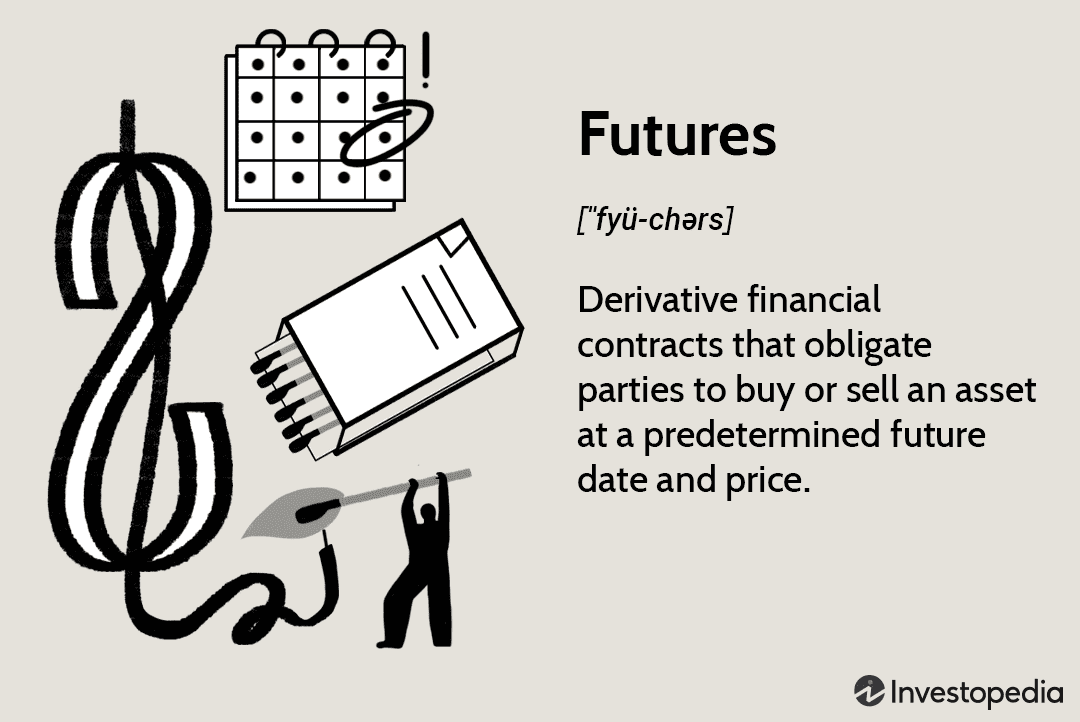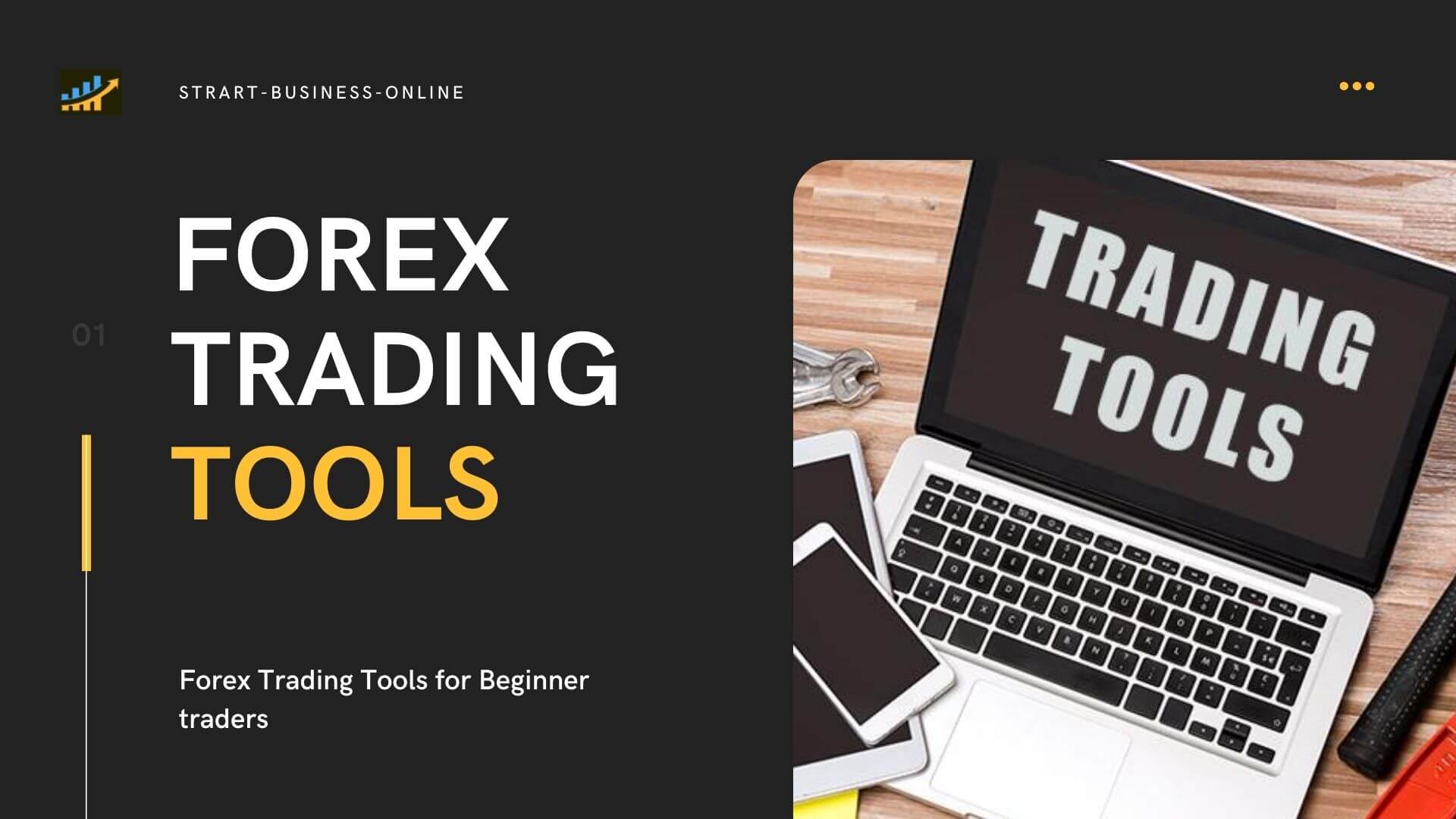
You may be interested in learning the basics about forex trading. We will be discussing the most important lessons that you need to know in a forex course. This includes charting and trends. We'll also discuss how to find the right broker for you. Read on to learn more! The top forex courses are listed below for both beginners and pros. Remember to act and put what you have learned into practice!
Part of the forex course analysis
Learning about currency pairs is the first step in becoming a successful forex trader. These financial instruments are traded globally and are affected by changes in the underlying market and fair value of the currencies involved. Fair value is an important metric for accurately assessing an asset's worth. It is used to determine the asset's price. Forex market has many benefits for both sellers and buyers. This information will allow you to spot trends and help you decide when is the best moment to trade.

There are several types that can be applied to forex trading. The historical price patterns of currency pairs are used to analyze technical analysis. These patterns can give clues as to hidden levels supply and demand. Fundamental analysis, another type of technical analysis, focuses on current events such as news releases. Both types are covered by Forex courses. The type of trader determines whether a trader uses technical or fundamental analysis.
Concentrate on trends and charts
Technical traders are able to use the same tools as other market players. They focus on trendlines and channels, which connect higher lows to higher highs in uptrends and lower highs to lower lows in downtrends. The timeframe is the key difference between these two types of charts. While trendlines are more accurate in the immediate timeframe, channels and trends are more reliable over longer-term timeframes. The focus of a forex course should be on how to interpret charts and not just what they appear like.
Learning to read currency charts is vital for forex trading. They show the price movements over a given time. These charts will help you predict the movements of currency pairs in the future. These charts also show the areas where the market has reversed. These are called support areas, and sellers usually exist at resistance points. You will be successful if you learn how to read forex chart.
How to choose the right broker
When choosing the right broker for a forex course, you should keep in mind that every Forex broker is different, and some focus more on customer support than others. Others focus on low fees and advanced tools, while some brokers are not licensed in certain countries. You can narrow down your search by knowing what your trading style. Forex brokers are generally regulated by many countries. They also vary in quality and customer service.

It is crucial to do your research on the course's reputation and content before you make a decision about a Forex course. A quality course will be offered by a broker who is registered. Moreover, courses should be updated frequently. You must be able to access them on your desktop or mobile device. Online classes and face-toface classes may be offered by brokers. You can find an online course tailored to your specific trading style by comparing the reviews of different brokers.
FAQ
How can people lose their money in the stock exchange?
The stock market does not allow you to make money by selling high or buying low. You lose money when you buy high and sell low.
The stock exchange is a great place to invest if you are open to taking on risks. They will buy stocks at too low prices and then sell them when they feel they are too high.
They believe they will gain from the market's volatility. If they aren't careful, they might lose all of their money.
Stock marketable security or not?
Stock is an investment vehicle that allows investors to purchase shares of company stock to make money. You do this through a brokerage company that purchases stocks and bonds.
You could also invest directly in individual stocks or even mutual funds. There are over 50,000 mutual funds options.
The key difference between these methods is how you make money. Direct investment is where you receive income from dividends, while stock trading allows you to trade stocks and bonds for profit.
In both cases you're buying ownership of a corporation or business. However, when you own a piece of a company, you become a shareholder and receive dividends based on how much the company earns.
Stock trading offers two options: you can short-sell (borrow) shares of stock to try and get a lower price or you can stay long-term with the shares in hopes that the value will increase.
There are three types: put, call, and exchange-traded. You can buy or sell stock at a specific price and within a certain time frame with call and put options. ETFs, also known as mutual funds or exchange-traded funds, track a range of stocks instead of individual securities.
Stock trading is a popular way for investors to be involved in the growth of their company without having daily operations.
Stock trading is not easy. It requires careful planning and research. But it can yield great returns. To pursue this career, you will need to be familiar with the basics in finance, accounting, economics, and other financial concepts.
How can I select a reliable investment company?
Look for one that charges competitive fees, offers high-quality management and has a diverse portfolio. The type of security in your account will determine the fees. Some companies charge no fees for holding cash and others charge a flat fee per year regardless of the amount you deposit. Others may charge a percentage or your entire assets.
You should also find out what kind of performance history they have. Companies with poor performance records might not be right for you. Avoid companies that have low net asset valuation (NAV) or high volatility NAVs.
Finally, you need to check their investment philosophy. A company that invests in high-return investments should be open to taking risks. If they are not willing to take on risks, they might not be able achieve your expectations.
What is the role of the Securities and Exchange Commission?
SEC regulates brokerage-dealers, securities exchanges, investment firms, and any other entities involved with the distribution of securities. It enforces federal securities laws.
Statistics
- US resident who opens a new IBKR Pro individual or joint account receives a 0.25% rate reduction on margin loans. (nerdwallet.com)
- "If all of your money's in one stock, you could potentially lose 50% of it overnight," Moore says. (nerdwallet.com)
- Individuals with very limited financial experience are either terrified by horror stories of average investors losing 50% of their portfolio value or are beguiled by "hot tips" that bear the promise of huge rewards but seldom pay off. (investopedia.com)
- Ratchet down that 10% if you don't yet have a healthy emergency fund and 10% to 15% of your income funneled into a retirement savings account. (nerdwallet.com)
External Links
How To
How to trade in the Stock Market
Stock trading is the process of buying or selling stocks, bonds and commodities, as well derivatives. Trading is a French word that means "buys and sells". Traders sell and buy securities to make profit. This type of investment is the oldest.
There are many ways you can invest in the stock exchange. There are three types of investing: active (passive), and hybrid (active). Passive investors are passive investors and watch their investments grow. Actively traded investor look for profitable companies and try to profit from them. Hybrids combine the best of both approaches.
Passive investing is done through index funds that track broad indices like the S&P 500 or Dow Jones Industrial Average, etc. This strategy is extremely popular since it allows you to reap all the benefits of diversification while not having to take on the risk. All you have to do is relax and let your investments take care of themselves.
Active investing means picking specific companies and analysing their performance. Active investors will look at things such as earnings growth, return on equity, debt ratios, P/E ratio, cash flow, book value, dividend payout, management team, share price history, etc. They then decide whether they will buy shares or not. If they feel the company is undervalued they will purchase shares in the hope that the price rises. However, if they feel that the company is too valuable, they will wait for it to drop before they buy stock.
Hybrid investing combines some aspects of both passive and active investing. One example is that you may want to select a fund which tracks many stocks, but you also want the option to choose from several companies. In this case, you would put part of your portfolio into a passively managed fund and another part into a collection of actively managed funds.